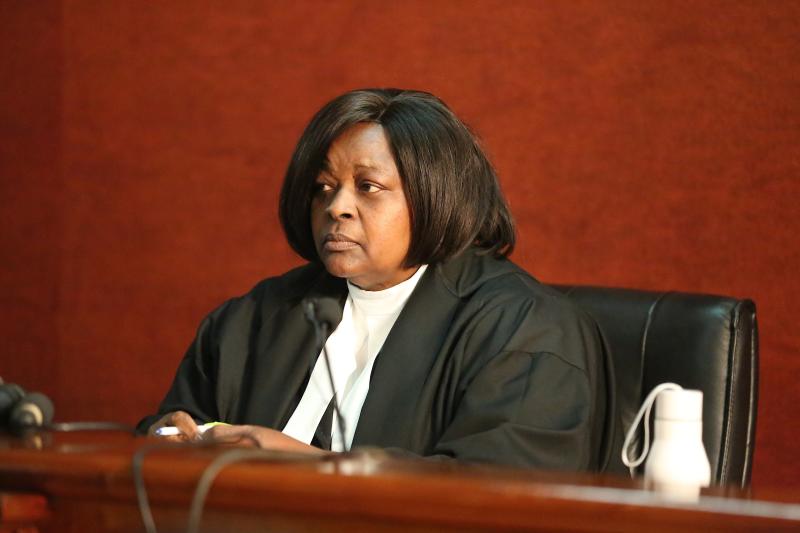×
The Standard e-Paper
Fearless, Trusted News

A lot has been said in the past regarding accused people being granted bail or bond before the actual cases are heard in court.
With speculation rife that most cases in Kenya “end” after the accused pays bail, we sought to find out from Justice Jessie Lessit, who, initially heard the Sharon Otieno and Monica Kimani’s murder cases and the Vice-chair of Bail and Bond Implementation Committee Clement Okech. Justice Lessit has since recused herself from the Monica Kimani case.







